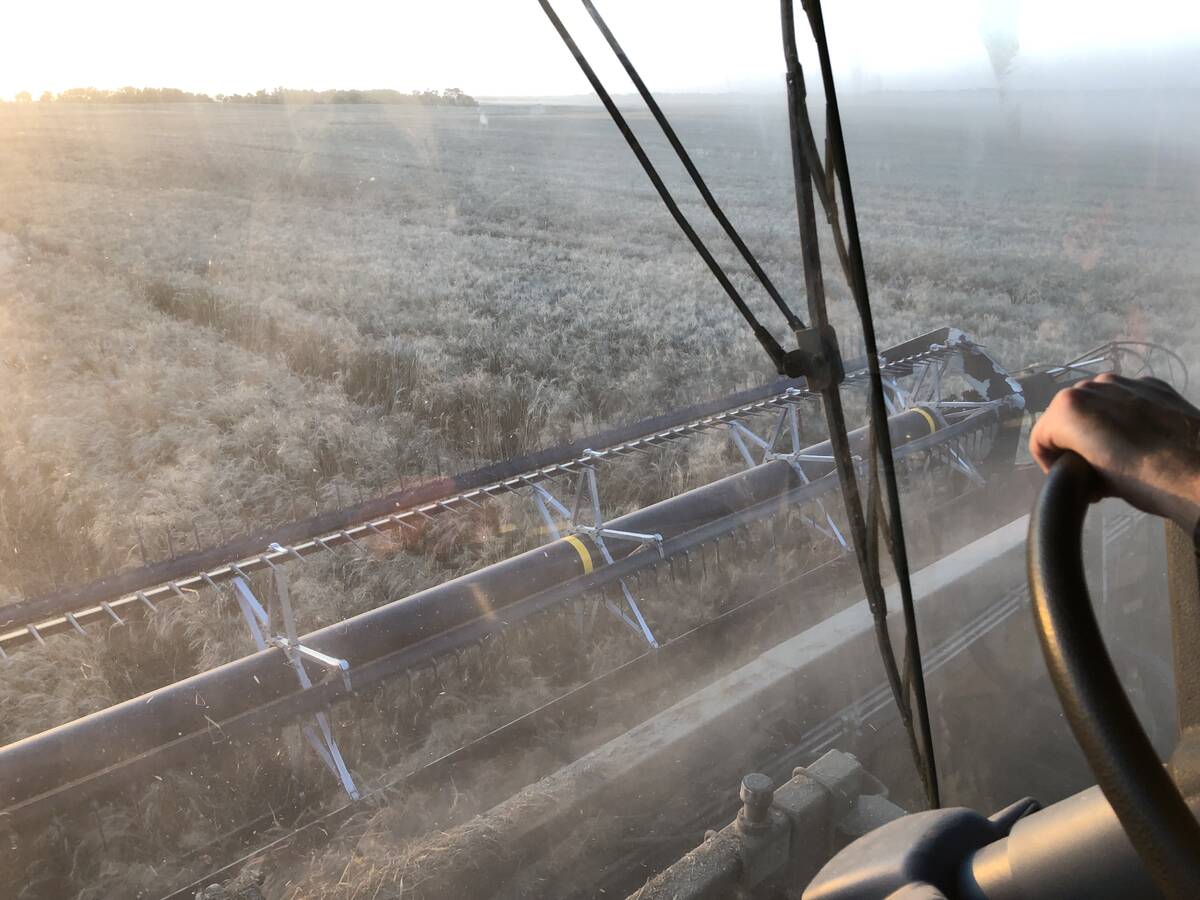The group that has been trumpeting the benefits of direct seeding for more than a decade just got the raspberry from the federal government.
The Saskatchewan Soil Conservation Association has been informed that despite Ottawa’s commitment to sustainability, the group will not get money from federal coffers.
Association executive manager Doug McKell said it’s a huge blow to the producer organization, which has relied on government funding for the past 10 years. The association will lose four of its nine staff.
Instead of three head office staff there will be two, and six full-time extension agrologists will become four part-time positions unless more funding appears.
Read Also

Mail strike disrupts grain sample delivery
The Canadian Grain Commission has asked farmers to consider delivering harvest samples directly to CGC offices, services centres or approved drop offs as Canada Post strike delays mail.
“It will mean there will be a lot less contact with individual farmers,” said McKell.
Garry Meier has been direct seeding on his farm at Ridgedale, Sask., since 1987. He worries about the rocky future of the association.
“If the book closes on (the association) it will be a sad day for the agriculture industry.”
McKell said the group will be forced to concentrate on core activities like producing the Prairie Steward newsletter and organizing the annual direct seeding conference, while extension activities will be curtailed.
No long-term commitment
He is frustrated the federal government no longer provides core funding for long-running groups like the Saskatchewan Soil Conservation Association. Ottawa is more interested in providing start-up funds for individual projects, he said.
The association submitted five specific project proposals to the Canadian Adaptation and Rural Development fund. All were rejected because they were deemed to be core funding requests since they would pay the salaries of the association’s existing agrologists.
Earlier this month the Saskatchewan government announced a $200,000 one-year commitment to the organization. If the program meets the province’s expectations, that commitment will be extended for another two years.
For the last six years the group has operated with an annual budget of $600,000. McKell said even after dipping into reserves, this year’s budget will be only $400,000 unless industry puts up more money.
“The problem with industry right now is that they’re all looking at the economic crisis in farming and pulling in their horns so it’s tough to get money from any individual partner.”
McKell said the association has done a lot of work promoting sustainability and low soil disturbance in the province. He said 30 percent of the seeded acres in Saskatchewan are direct seeded.
The cutbacks will steal some of that momentum.
It will be more difficult to sell the benefits of direct seeding with fewer extension staff. The group has already lost one agrologist with 10 years of experience to a more stable employer. McKell expects to lose other extension staff to full-time job opportunities as the year progresses.
The association has enough money in reserves to sustain operations at scaled-back levels for one more year after this one.
Meier thinks that is a shame.
He said the association has done important groundwork on carbon sequestration, which can put more money in farmers’ pockets while helping to improve the environment.
Meier said the agriculture industry is focused on the farm aid issue right now and more proactive solutions to long-term income problems like soil stewardship and carbon sequestration have been shoved to the side.

















